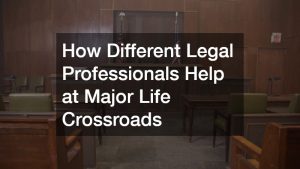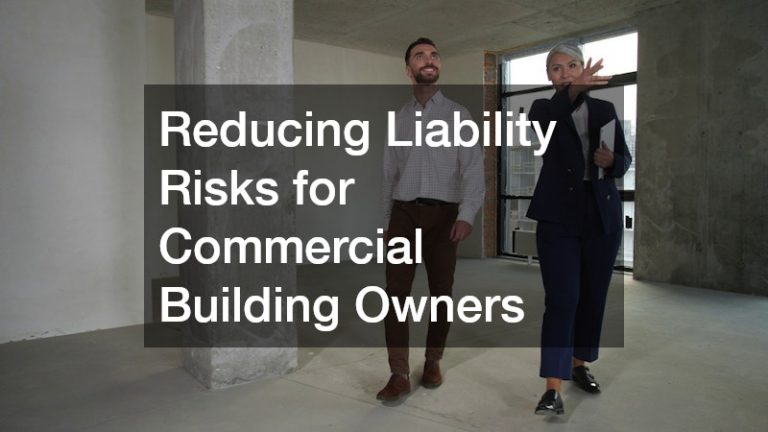- False convictions, especially for black individuals, are increasing due to misidentification and have severe implications.
- Wrongful convictions can drastically impact mental health, inducing stress, depression, and anxiety.
- Social relationships suffer during false accusations, as individuals may face isolation or loss of support.
- A criminal record, even when acquitted, can hinder career prospects and financial stability due to legal fees.
- In case of false accusations, seek legal counsel, gather evidence, and remain calm to establish innocence.
Being accused of a crime is one of the most stressful experiences anyone can go through. It can turn your life upside down and profoundly impact your mental health, relationships, and career. And when you’re accused of a crime you didn’t commit, the situation can be even more challenging. Here’s what you need to know about the wrongly accused, what happens if it happens to you, and what you should do.
False Convictions And Their Impact
False convictions occur when someone is wrongly found guilty of a crime they did not commit. The number of false convictions is rising, with blacks having a much higher rate than whites. The Innocence Project, an organization that works to exonerate the wrongfully convicted, has found that over 75% of DNA exoneration cases involve misidentification by a victim or eyewitness. This means that innocent people are imprisoned because someone else identified them as the perpetrator, even though they had nothing to do with the crime.
How a False Conviction Can Affect Your Life
There are various ways a false conviction can impact your life. Here are some of them:

1. Mental Health
Being wrongly accused of a crime can significantly affect your mental health, increasing anxiety, depression, and stress. It can feel like your entire world has been turned upside down and implicate feelings of shame, anger, and frustration. Uncertainty, anticipation of the outcome, and the fear that you may lose your freedom entirely can also affect your mental and physical well-being.
2. Social Relationships
Wrongful accusations can also impact your social relationships, isolating you from friends and family who are unsure how to support you or don’t want to be associated with someone accused of a crime, whether or not they are guilty. Wrongful accusations can lead to a complete loss of your social circle, affecting your self-esteem and mental health.
3. Career
A criminal record can significantly affect your job prospects, whether or not you are guilty. Employers often run background checks on their potential hires, and having a criminal record or arrest history can make it challenging to find employment, even if the charges were dropped or you were acquitted in court. Furthermore, you may be terminated or asked to resign from your current job, mainly if the charges go public.
4. Financial Stability
Being wrongly accused of a crime can also impact your financial security. Dealing with legal fees and other related expenses can put a significant financial strain on you, your family, and your loved ones. Additionally, suppose you cannot work or are fired from your job. In that case, you may experience a loss of income, leading to difficulty meeting financial obligations such as rent/mortgage payments or loan repayments.
5. Legal Issues
Finally, wrongful accusations can cause a host of legal issues. Being accused of a crime can be a complex and prolonged process that can last several months or even years. During this time, you may experience periods of imprisonment, face bail that is set too high, or be forced to comply with unfavorable bail conditions. You may also suffer from a tarnished reputation, which can lead to discrimination in the future.
What To Do If You’re Wrongfully Accused
You must know what to do if you’re wrongfully accused. Here are the essential steps to take:

1. Seek Legal Counsel
The first thing you should do if you’re falsely accused of a crime is to seek legal counsel. A local criminal defense law firm can help you understand your rights, guide you through the legal process, and build a solid defense to prove your innocence. Even if you’re innocent, never try to represent yourself in court or speak to law enforcement without an attorney present.
2. Gather Evidence
Gather any evidence that could support your claim of innocence. This may include alibi witnesses who can testify on your behalf, security camera footage, receipts, or any other tangible proof showing you were not at the crime scene or could not have committed it.
3. Stay Calm
It’s natural to feel overwhelmed when facing false accusations; however, it’s crucial to remain calm throughout the process. Don’t lash out at those accusing you or their witnesses, as this may be used against you. Stay collected, and let your attorney handle the legal proceedings.
Wrongful accusations of a crime can be incredibly distressing and life-altering, and knowing how to handle such a situation is imperative. The best defense against false conviction is prompt legal assistance, gathering substantial evidence, and maintaining a level-headed approach throughout the legal process. Remember, everyone is innocent until proven guilty, and the burden of proof lies with the accuser. Your fight is to establish your innocence. While the journey can be challenging, equipped with the right resources, legal support, and knowledge, you can navigate a wrongful accusation and restore your life.







